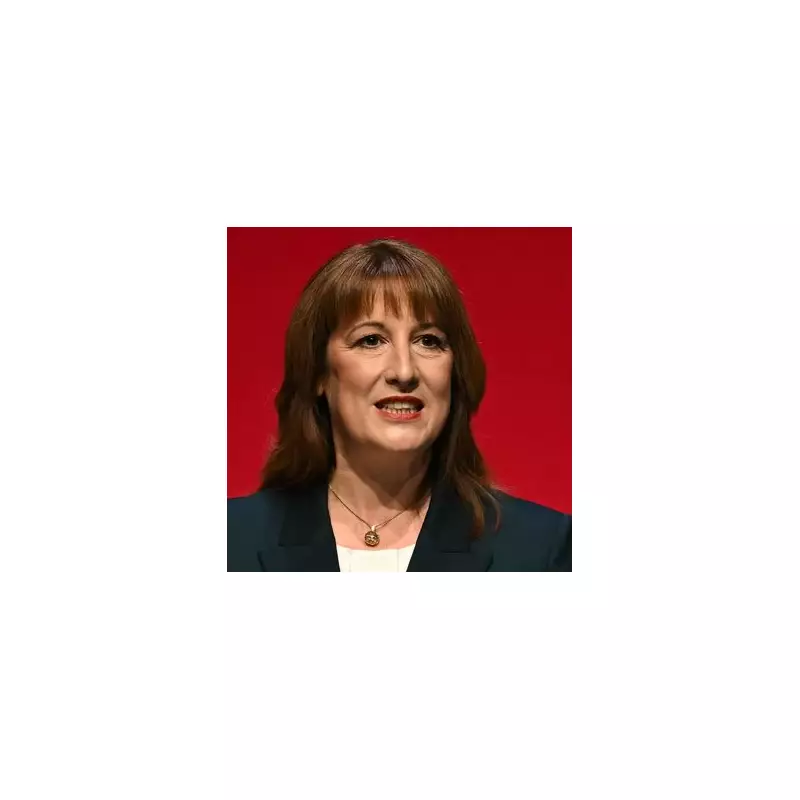
Chancellor Rachel Reeves is preparing to deliver a sobering Autumn Statement that could see millions of Britons facing significant financial pressure, according to Treasury insiders.
The Labour government's first major fiscal event is expected to confront the nation's economic challenges head-on, with tough decisions on welfare spending and taxation looming large.
Welfare System Overhaul
Officials are reportedly examining substantial reforms to the benefits system, potentially including stricter eligibility criteria and below-inflation increases to payments. This could affect Universal Credit claimants, disability benefits recipients, and those receiving state pension top-ups.
One Whitehall source revealed: "The Treasury is looking at every option to control spending. The welfare bill has grown significantly, and there's recognition that some reforms are unavoidable."
Taxation Changes on the Horizon
Middle-income earners may face higher tax bills as the government considers adjustments to income tax thresholds and national insurance contributions. The freeze on personal allowances is likely to continue, effectively creating a stealth tax rise as wages increase.
Key measures under consideration include:
- Restricting benefits for households earning above certain thresholds
- Reducing tax relief on pension contributions for higher earners
- Increasing capital gains tax rates
- Introducing new environmental taxes
Economic Reality Bites
The Chancellor faces the difficult task of balancing the books while maintaining Labour's commitment to economic growth. With public debt at record levels and economic growth remaining sluggish, the government has limited room for manoeuvre.
Economic analysts suggest the Autumn Statement will mark a significant departure from campaign rhetoric, as the reality of governing during economic uncertainty sets in.
The final decisions will be shaped by upcoming economic data and forecasts from the Office for Budget Responsibility, due to be published alongside the Autumn Statement in November.





